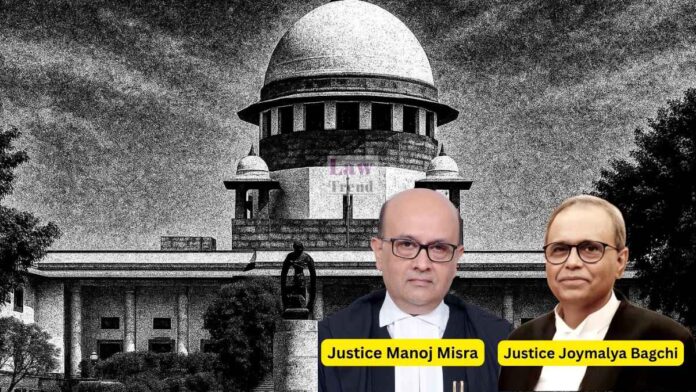The Supreme Court of India, in a significant ruling on corporate tax law, has held that a temporary lull in business activity, during which a company continues its efforts to secure new contracts, does not amount to a cessation or discontinuance of its business. A bench comprising Justice Manoj Misra and Justice Joymalya Bagchi also
To Read More Please Subscribe to VIP Membership for Unlimited Access to All the Articles, Download Available Copies of Judgments/Order, Acess to Central/State Bare Acts, Advertisement Free Content, Access to More than 4000 Legal Drafts( Readymade Editable Formats of Suits, Petitions, Writs, Legal Notices, Divorce Petitions, 138 Notices, Bail Applications etc.) in Hindi and English.




